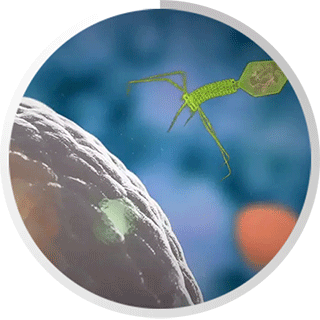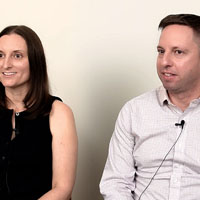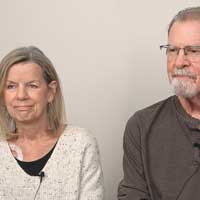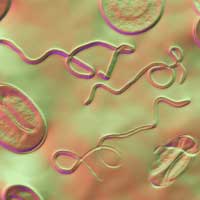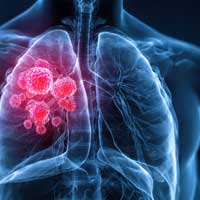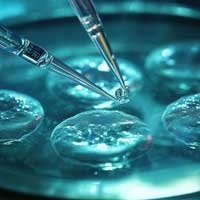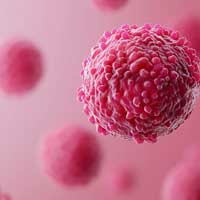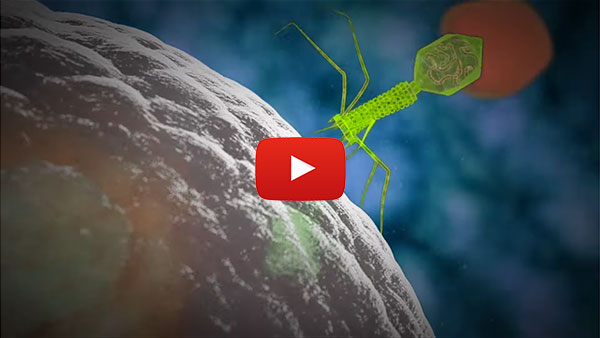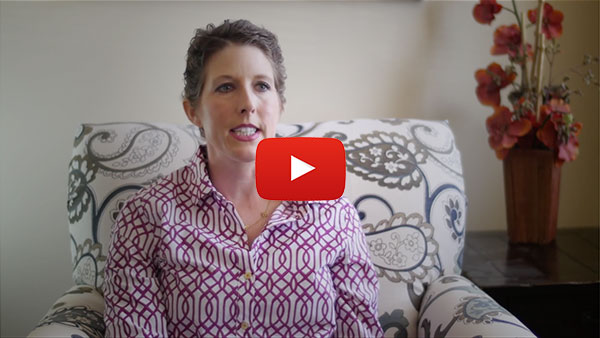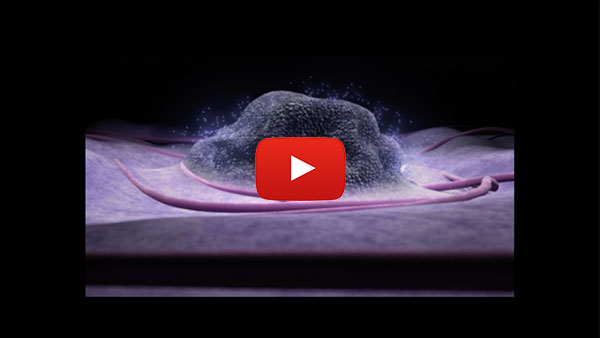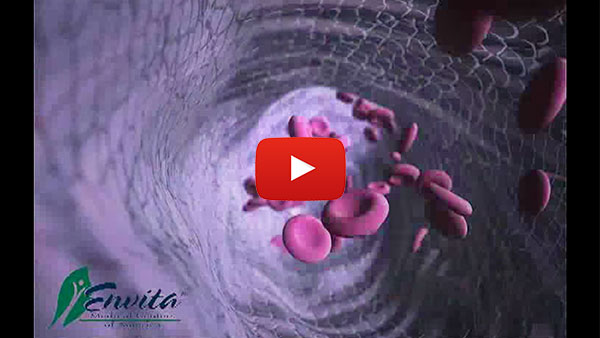Stopping Chronic Inflammation - An Important Aspect of Cancer Treatment
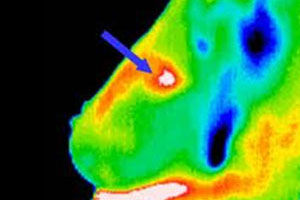
Inflammation is the body's response to tissue damage, caused by physical injury, ischemic injury (caused by an insufficient supply of blood to an organ), infection, exposure to toxins, or other types of trauma. The body's inflammatory response causes cellular changes and immune responses that result in repair of the damaged tissue and cellular proliferation at the site of the injured tissue.
Inflammation can become chronic if the cause of the inflammation persists, or because of deregulation in the control mechanisms responsible for shutting down the inflammation process. When these inflammatory responses become chronic, cell mutation and proliferation can result and often create an environment that is conducive to the development of cancer. This is often referred to as "the perfect storm." Envita has developed several proprietary methods to treat these factors and improve outcomes for cancer patients.
Epigenetics - Our Genes are influenced and can be changed
Several Important Strategies for Successful Cancer Treatment
- Genetically Targeted Chemotherapy
- Transform the patient's immune system
- Natural Killer Cells = Better overall prognosis
- Changing the cancer environment with intravenous vitamin C
Inflammation Triggers DNA Damage, Epigenetics and Stage 4 Cancer
Inflammation triggers an immune response and alerts the body's vasculature to release inflammatory cells into a damaged tissue environment. The cellular activity involved in the inflammatory response can increase the production of reactive oxygen species (ROS), such as free radicals, and reactive nitrogen species (RNS).
Cells are normally able to defend themselves against these two types of molecules. However, when production of these two types of highly reactive molecules is increased due to chronic inflammation, cells can no longer protect themselves, resulting in extensive damage to the essential enzymes involved in DNA repair, actual cell DNA mutation, and mitochondrial damage. These various insults are linked to causes of cancer and often bring about epigenetic changes.
Research suggests an emerging link between infection, epigenetics and cancer. Changes catalyzed by pathogenic inflammation can transform cells into cancerous tumors. Many cancers are linked to viruses/bacteria that promote reversible, epigenetic changes in the body's cells that lead to tumors. At minimum, 20 percent or more of cancers are linked to infectious disease according to the Journal of American Medical Associates. Moreover, the global medical community is probably only aware of an estimated 13 percent of infections that exist throughout the world. For this reason, it is likely that we shall find that infections play a far larger role in the cause of cancer than current estimates show.
The Inflammation Process and Stage 4 Cancer's Microenvironment
Inflammation is known to cause other such changes in the microenvironment of cells. Cells often undergo adaptive changes to survive stressful or toxic environments. These adaptive changes can include: an increased expression of antioxidant enzymes, increased anaerobic respiration and development of angiogenic factors. This adaptation is usually transient, however, and allows normal cells to survive only until the toxic condition is alleviated.
Even so, under conditions of prolonged stress, such as chronic inflammation, a mutation may actually "lock" in the cell, making these adaptive changes permanent. Not surprisingly, many of the cells and systems involved in inflammation (including abnormal cellular respiration and angiogenesis) are also found in a variety of tumors. In addition to DNA mutation, injuries to tissue may also cause increased cellular proliferation at the site of the injury. In such circumstances, sustained cellular proliferation may result from resultant chronic inflammation. When combined with the DNA mutations described above, enhanced proliferation can increase the number of cells at risk for mutations, leading to an environment that is conducive to the development of cancer.
Inflammation, Progression and Metastasis of Cancer
Inflammation is one major fuel that feeds the fire of stage 4 cancer growths and spread. The interaction between viruses, bacteria, environmental toxins (carcinogens) lead to DNA methylation and other changes in cellular metabolism. Inflammations from infections/toxins that can lead to cancer are major contributors in tumor genesis or progression.
Patients often feel helpless, believing that their cancer was completely predetermined by their genetics, but there are options and likely sources of cancer. It becomes critical in the treatment of a cancer patient to undergo Envita's comprehensive testing, treatment, and lifestyle changes to best address these issues.
While genes may indicate a predisposition, they certainly do not dictate our fate. Envita's Comprehensive Smart Oncology® program provides the best of oncology in conjunction with aggressive natural therapies which address all potential causative factors of cancer, not just the symptoms. By incorporating these strategies into treatment you're going to do more than just treat cancer but heart disease, diabetes and many other chronic diseases — true health is the absence of all of them. Please contact us today to learn more about your treatment options!

